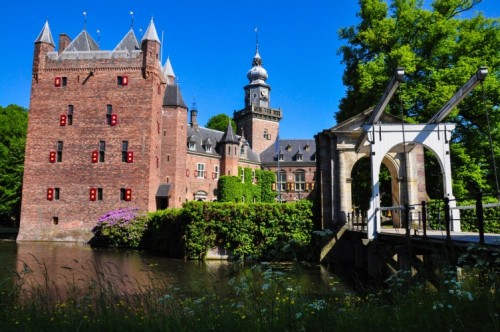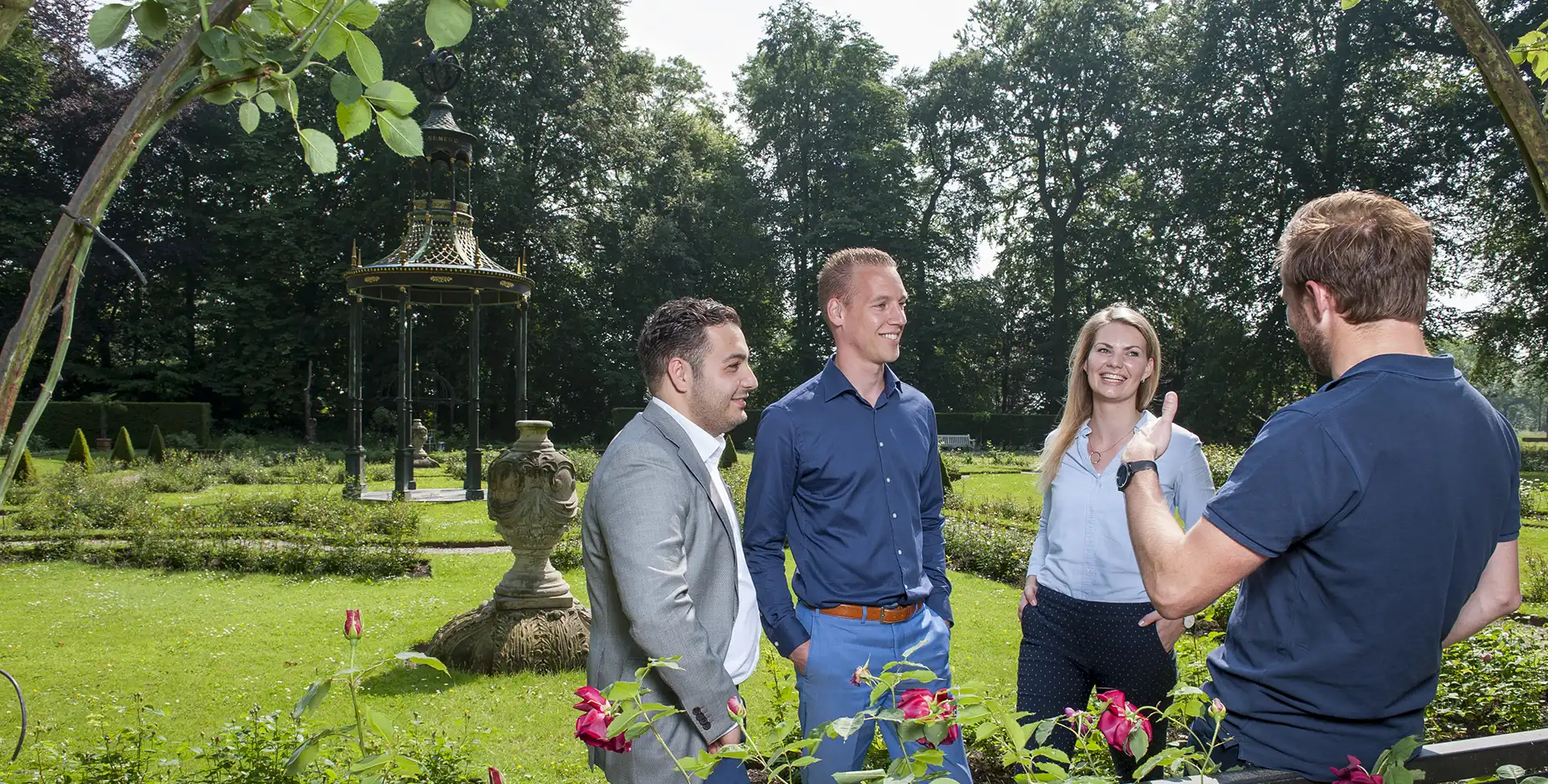In times of geopolitical unrest, trade tensions, and declining trust in international cooperation, sustainability often slips down the priority list. The assumption that sustainable innovation must give way to economic security and competitiveness is a mistake, warns Dr. Richard Janssen, Associate Professor at Nyenrode Business University. In his new Dutch-language book, Doorbraakeconomie, de sleutel tot een groen, sociaal en gelukkig Europa, he argues that sustainability does not undermine prosperity. On the contrary, it can be its main driver.
Curiosity was the starting point for his book. “I wanted to know whether reducing emissions and strengthening social cohesion would come at the expense of prosperity. The answer is no,” he explains. “In fact, delaying sustainability harms our prosperity. Look at the European car industry: because we were too slow to innovate and electrify, Asia and the U.S. have taken the lead.”
Hesitant companies and uncertain political leadership
Yet the reality is stubborn. Large companies often take a wait-and-see approach, while policymakers in EU member states, and even within the EU itself, are heavily influenced by economic fears and the desire to avoid short-term drawbacks. Recent developments show how that uncertainty plays out: the EU has noticeably softened its climate ambitions out of concern for economic consequences. Some countries have reverted to protecting their traditional industries, afraid of losing competitiveness.
From competition to well-being
Janssen argues for a different path. “We shouldn’t aim to beat China or the U.S. in economic growth. We should aim for the highest quality of life. We already have a relatively clean, prosperous, and healthy society. And beyond a certain point, more prosperity doesn’t increase happiness. So why not focus on well-being instead of just profit?”
Progressive capitalism
To do that, companies need to move away from a purely Anglo-Saxon, profit-maximizing mindset. “Free markets without direction lead to inequality and negative externalities,” says Janssen. He points to Scandinavian countries as an example: in their model, government and business work together on long-term goals such as innovation, well-being, and sustainability. Companies have the freedom to operate, but within clear boundaries that prioritize societal value.
This combination of market dynamics with a strong public role, often called progressive capitalism, shows that a powerful government and a powerful private sector can reinforce each other.
What companies can do now
Companies can take the lead by broadening their perspective from profit to well-being. They can pursue B Corp certification, or start involving external stakeholders directly in decision-making, not only shareholders, but also employees, customers, suppliers, and local communities.
But the true engine of the 'breakthrough economy' is research and sustainable innovation. “Companies that use, develop, and market green technologies either lower their costs or create new revenue models. That’s pure competitive strength.”
Creative destruction is missing
However, true renewal, what Janssen calls “creative destruction”, is still lacking. “We innovate products, but not the companies or industries behind them. Big companies have the capital to take risks, but they mainly protect their current position. They invest relatively little in research, innovation, and startups, which slows renewal.”
Government and business both have a role to play
“Companies that commit to sustainable growth are investing in the future of both society and their own organization,” Janssen emphasizes. “But not all companies are able or motivated to innovate radically. Government can nudge them in the right direction through a mix of incentives and regulations: pricing, standards, and subsidies.”
Not a utopia
According to Janssen, the breakthrough economy is not a utopia but a necessary strategy. “Europe has the prosperity, knowledge, and infrastructure to lead. Sustainability isn’t stagnating because of a lack of knowledge or technology, but because of choices. Progressive capitalism offers the right framework: a strong public role that sets direction, combined with market forces that accelerate innovation. The question is no longer whether we should change, but who will take the lead.”
More information
Dr. Richard Janssen is available to speak with organizations about these themes and to help them grow sustainably. He also gives lectures and develops customized programs for companies seeking to future-proof their strategy.
Interested in exploring what this could mean for your organization? You can reach Richard at r.janssen@nyenrode.nl.
More information about the book is available on the Managementboek website.
Tags
Related programs
-
Modular Executive MBA in Business & Sustainable Transitions
Start date: spring & autumnLanguage:- Dutch
Location:- Breukelen
The Modular Executive MBA in Business & Sustainable Transitions focuses on transitions underway around sustainability.
View program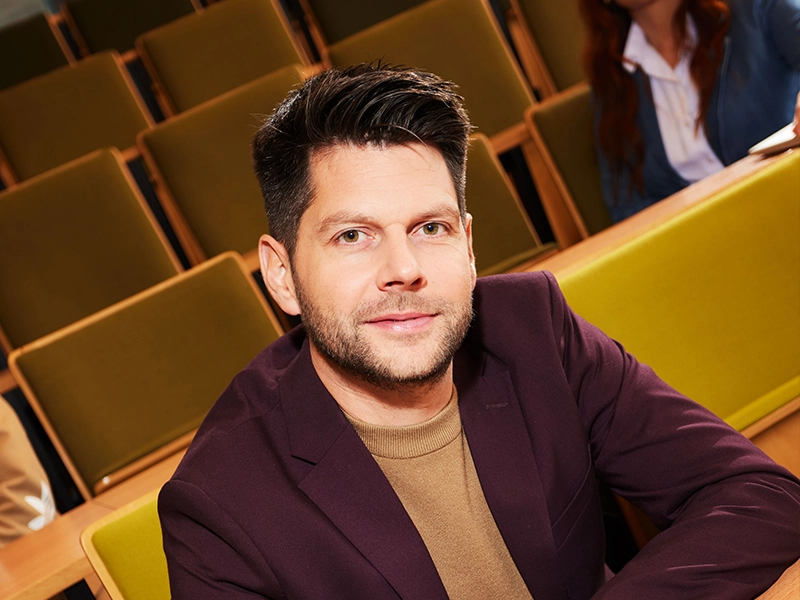
-
Risk and Finance
Start date: March 11th, 2026Language:- Dutch
Location:- Breukelen
This module is only given in Dutch. Please visit our Dutch site.
View program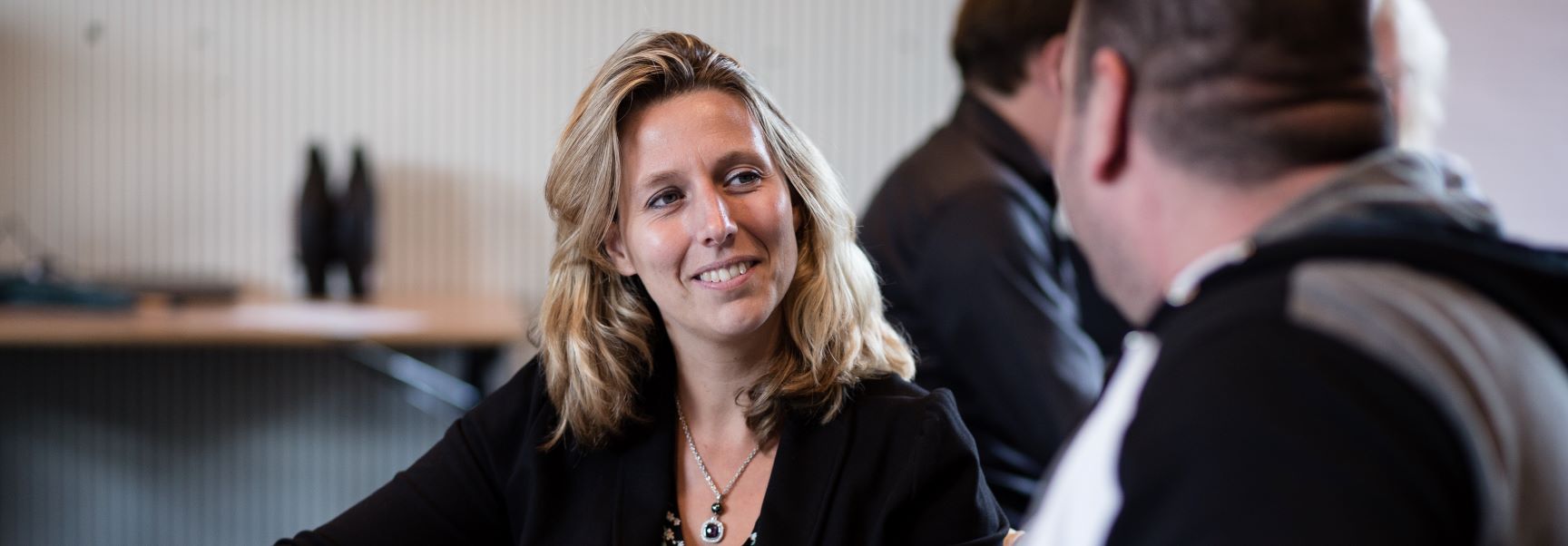
-
Change Management and Organizational Development
Start date: March 9th 2026Language:- Dutch
Location:- Breukelen
This module is only given in Dutch. Please visit our Dutch site.
View program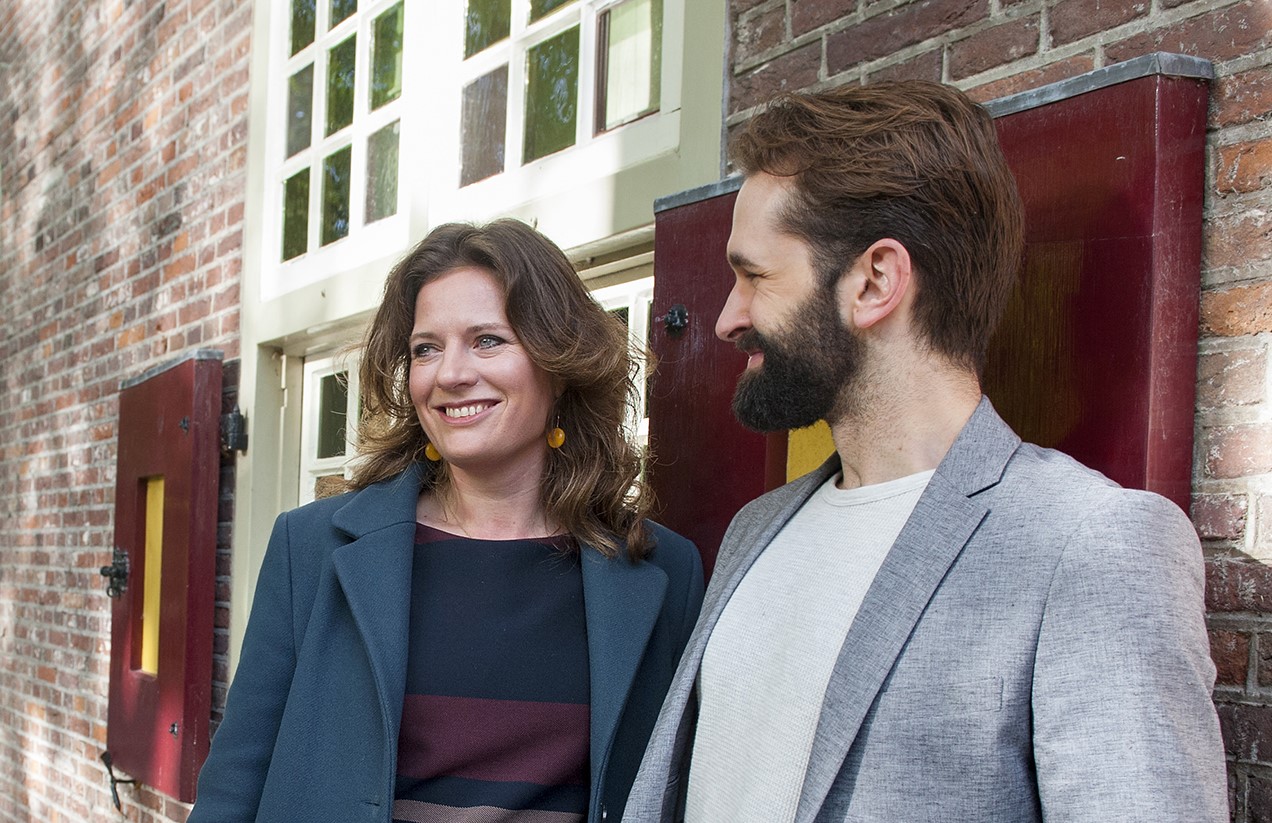
-
Cooperation and Leadership
Start date: March 4th 2026Language:- Dutch
Location:- Breukelen
This module is only given in Dutch. Please visit our Dutch site.
View program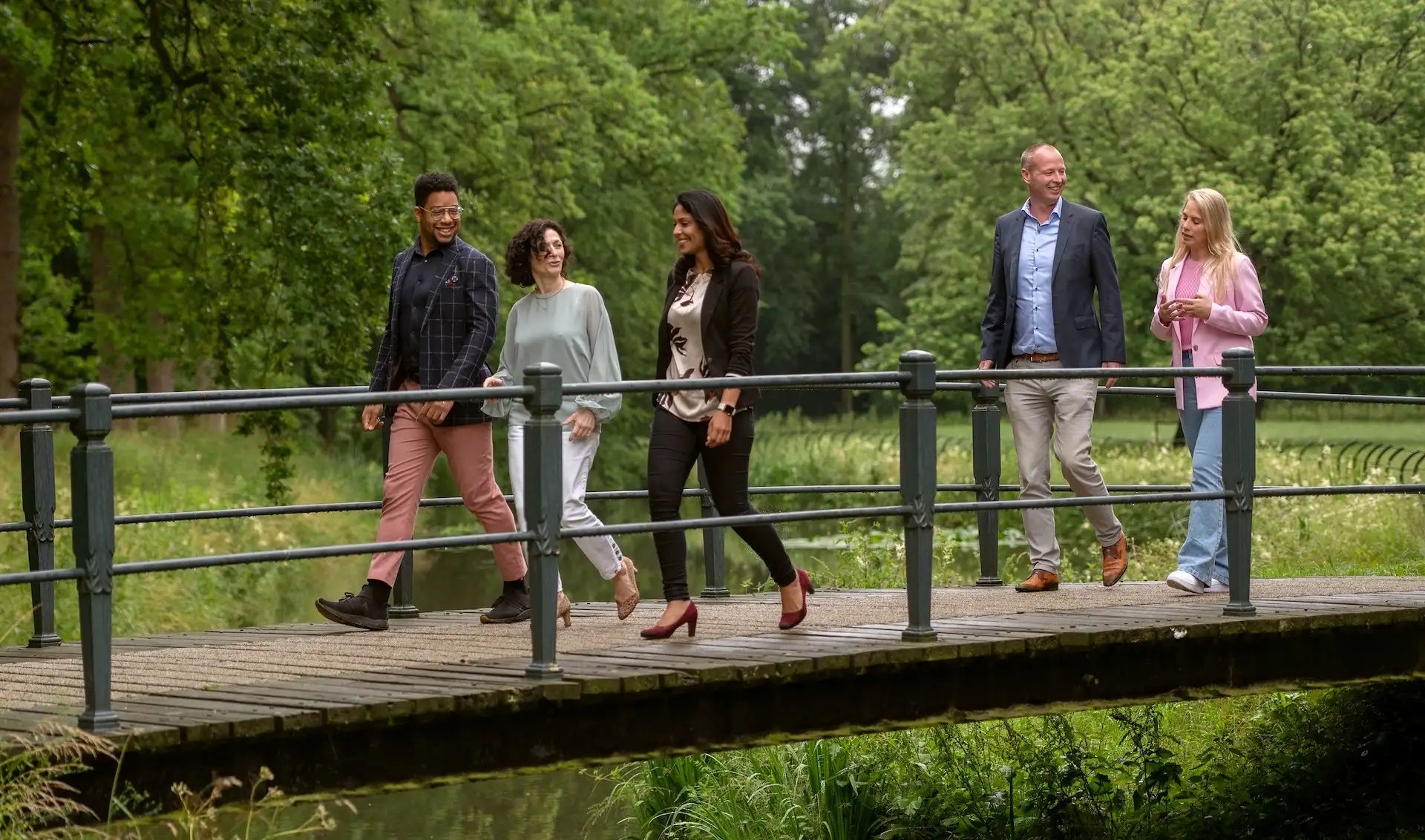
-
Sustainability and Systemic Change
Start date: March 17, 2026Language:- English
Location:- Breukelen
Develop knowledge and skills to create opportunities for sustainable value creation from a leadership rol.
View program
-
Global Impact Dynamics
Start date: March 19th 2026Language:- Dutch
Location:- Breukelen
This module is only taugh in Dutch, please visit the Dutch website.
View program